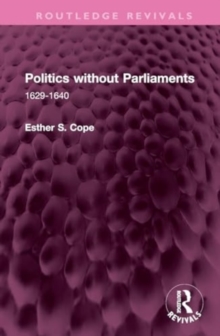
German Secular Song-books of the Mid-seventeenth Century: An Examination of the Texts in Collections of Songs Published in the German-language Area Between 1624 and 1660 : An Examination of the Texts PDF
by Anthony J. Harper
Part of the Routledge Revivals series
Description
This title was first published in 2003. The secular song of the 17th century represents a relatively neglected area of German culture.
In this book, Anthony J. Harper first studies the songs of the two great models of the time, Martin Opitz and Paul Fleming, following this with an analysis of the song-books and collections from three regions: the North-East, Central Germany, and the North.
The procedure is thus both historical and geographical.
The texts of these songs are examined in relation to structural principles, thematic range and stylistic treatment.
Harper establishes common features and regional variations of this genre, which involves love-poetry, songs of manners with colourful portrayals of everyday life, and comic songs in a lower stylistic register.
Particular attention is paid to the work of Albert and Dach in Konigsberg, Finckelthaus, Schirmer, Krieger and Schoch in Leipzig and Dresden, and Rist, Voigtlander, Zesen, Greflinger and Stieler in the Hamburg region.
Where appropriate, the book assesses the role of musical settings, while not seeking to offer technical insights into musical matters.
Of value to scholars of German literature, this study should also be of interest to musicologists working on the Renaissance and Baroque periods.
Information
-
Download - Immediately Available
- Format:PDF
- Pages:354 pages
- Publisher:Taylor & Francis Ltd
- Publication Date:05/02/2018
- Category:
- ISBN:9781351752497
Other Formats
- Hardback from £58.89
- Paperback / softback from £31.19
- EPUB from £44.99
Information
-
Download - Immediately Available
- Format:PDF
- Pages:354 pages
- Publisher:Taylor & Francis Ltd
- Publication Date:05/02/2018
- Category:
- ISBN:9781351752497










